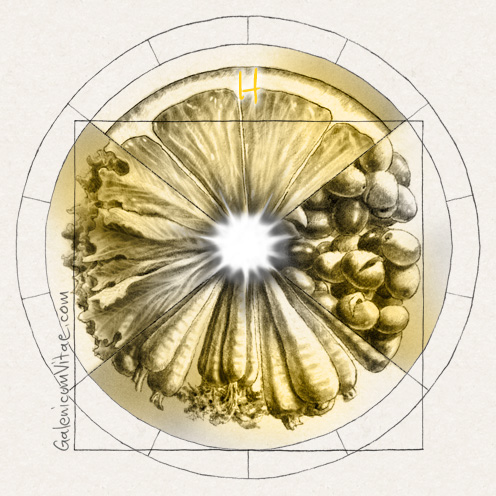Vitamins work by converting food into energy, regulating the chemical reactions necessary for life.
There are two different types of vitamins.
Fat soluble:
Vitamin A (retinol), Vitamin D (calciferol), Vitamin E (tocopherol) and Vitamin K (antihemorrhagic). These vitamins dissolve in fats and oils; they are stored in the liver and in the fatty tissue. If consumed in excess, they can cause toxicity.
Water soluble:
Vitamin C and the Vitamin B Complex: B1, B2, B3, B5, B6, B7, B9 and B12. These vitamins dissolve in water and are not stored in the body, so they must be administered regularly and we can only go without them for a few days.

 Digestive
Digestive  Blood
Blood Cardiovascular
Cardiovascular Dermatology
Dermatology Genitourinary,
Genitourinary, Hormones
Hormones Infections
Infections Oncology and
Oncology and Musculo-skeletal
Musculo-skeletal Mental health and
Mental health and Parasites
Parasites Respiratory
Respiratory Senses
Senses Various
Various




